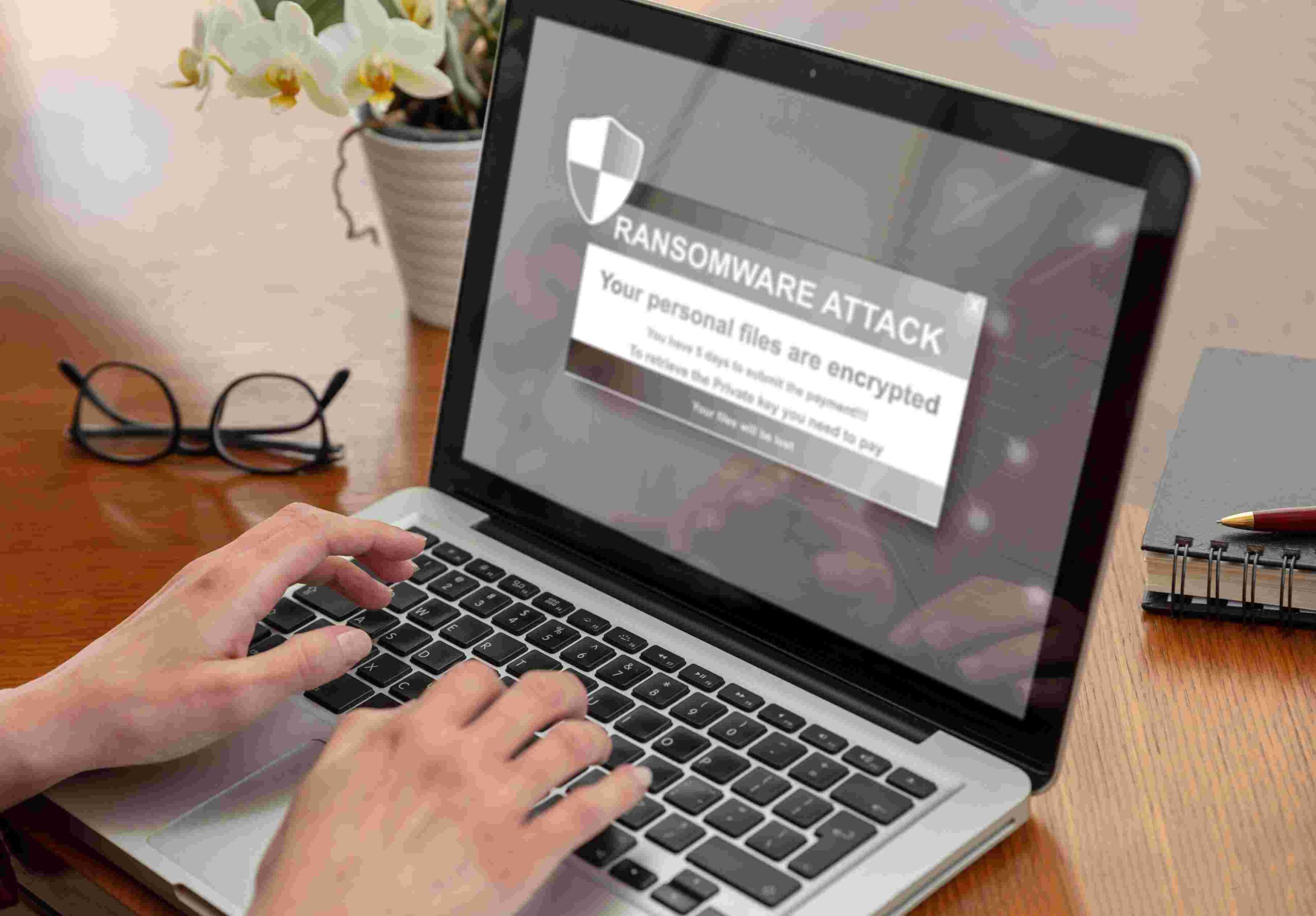Now that you are ready to install an anti-spyware program, you may be asking yourself whether a free program or one that requires a subscription would be best for combating spyware. If you are the cynical type, you may even be wondering whether free anti-spyware programs work at all – after all, if you can get one that’s just as good for free, why would pay versions even exist? Well, there are some things that you should know about anti-spyware programs…
If you notice that there is a program out there for sale but there is also a free version, you can assume that the free version is inferior to the pay one. Most of the time, when a company that normally wants you to pay for their product puts out a free version of the same product, it’s because they want you to try it out and then upgrade to the full, for-sale version. That means that the free version of this software will have fewer features or less capability than it’s for-sale counterpart.
Some anti-spyware programs, however, are just free – no strings attached – what about those? Well, in general you can rest assured that a reputable anti-spyware program like Spybot Search and Destroy, Ad-Aware SE Personal, or Windows Defender does in fact work; and presumably just as well as a for-sale spyware remover. You can learn more about these free programs on our anti-spyware software review page.
Why would a free program work just as well? Well, for starters, the performance of anti-spyware applications in general is not that great. Even the best anti-spyware programs have success rates of only 75%. That means 25% of spyware is getting past the best spyware cleaner you have. Given the mediocre performance of anti-spyware applications as a group, there’s no reason to pay for something that doesn’t give you any more protection than the freebies. The extra money may buy you faster scans or an improved appearance, but not much else. Even PC Magazine recommends backing up your premium anti-spyware program with a freebie. Given that you are widely recommended to use two anti-spyware programs (so that one catches the spyware that the other misses) anyway, why not use two free ones?
Also, anti-spyware removers that you pay for tend to produce more false positives (classifying something as spyware when it’s actually not). They also yield some questionable detections – for example, files your remover identifies as “key loggers” may actually be legitimate components that allow you to use keyboard or desktop shortcuts to run a program. Because the files in question often have ambiguous names, it can be hard to find out their true status, and quarantining them can also cause problems. In this case, is the for-sale anti-spyware software really better?
Free programs generally compliment each other nicely, without slowing down your computer. At their absent cost, it’s actually feasible and affordable to follow the guidelines of using two spyware removers.


